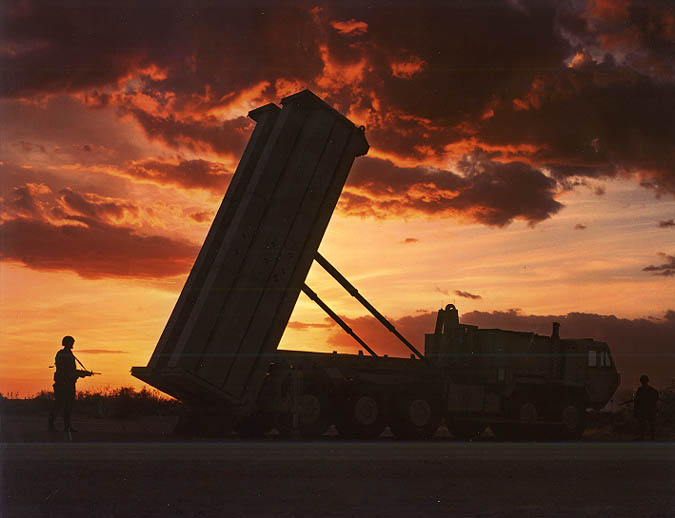This post is also available in:
 עברית (Hebrew)
עברית (Hebrew)
In a strategic move to bolster Israel’s air defense capabilities, the United States will send a Terminal High Altitude Area Defense (THAAD) battery along with the necessary troops to operate it. The announcement came from the Pentagon on Sunday, October 13th, confirming that Defense Secretary Lloyd Austin authorized the deployment with President Joe Biden. This initiative aims to enhance Israel’s defenses in the wake of escalating tensions, particularly following Iran’s recent ballistic missile attacks in April and October, with the most recent one involving the simultaneous launch of approximately 180 missiles toward Israel.
President Biden, speaking at MacDill Air Force Base in Tampa, emphasized the deployment’s purpose: “to defend Israel.” Pentagon spokesman Maj. Gen. Pat Ryder reiterated that this action underscores the United States’ unwavering commitment to Israel’s security and the protection of Americans in the region from any ballistic missile threats, particularly those from Iran.
While details regarding the THAAD battery’s origin and arrival time remain unclear, its deployment signifies a continued U.S. military presence in the Middle East. Notably, the U.S. had previously deployed a THAAD battery to the region in 2019 for training purposes and has reinforced U.S. forces in the area with additional Patriot battalions following the Hamas attack on October 7, 2023.
The THAAD system will enhance Israel’s robust air defense framework, which comprises various systems tailored to intercept threats at different ranges. Following the recent retirement of its U.S.-made Patriot systems, Israel is now integrating THAAD, which can engage targets from 150 to 200 kilometers away and reach speeds of up to 10,000 km/h (Mach 8.2). This capability makes THAAD particularly effective against short-range, medium-range, and limited intermediate-range ballistic missile threats, whether within or outside the atmosphere.
According to a report by the Congressional Research Service, each THAAD battery consists of six truck-mounted launchers, 48 interceptors, and the requisite radar and communication systems, all requiring a dedicated team of 95 soldiers to operate. The addition of THAAD will provide an essential layer of protection, reinforcing Israel’s resilience among escalations with its enemies.


























